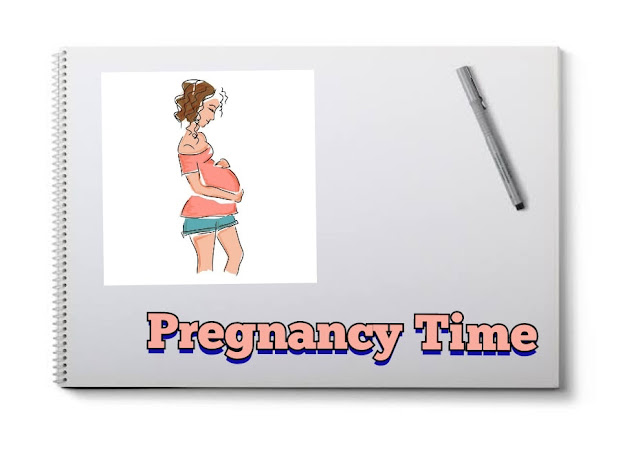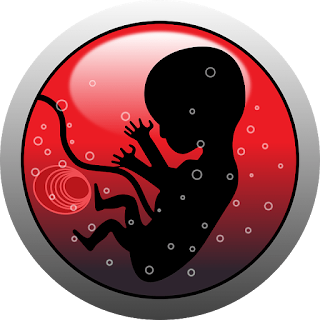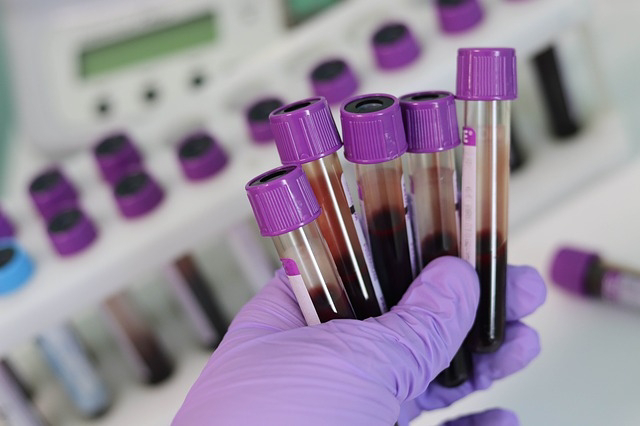Because its DNA is not exactly the same as that of the mother, the immune system must accept it as an invader(foreign particle), attack it, and destroy it, as it can infect other viruses or other harmful organisms. That's the challenge: the mother's immune system needs to protect her and the fetus(beginning stage of child), but she can't do as much as she used to. What happens is not as simple as reducing the body's response. Instead, complex interactions begin to be understood, involving many types of immune cells — some of which appear to protect the fetus from being attacked by other body cells.
The body also builds an anti-bacterial plug made of cervical mucus, which keeps germs away and stays closed until delivery. As the pregnancy progresses, the uterus moves up and down the growing embryo(developing baby). To make the place, hormones called progesterone and muscle relaxants. The muscles that carry food and waste through the digestive tract are also relaxed, which causes them to collapse, causing constipation as passing through the tract decreases. The lower extremities in the abdomen can allow acid to escape from the throat and causing heartburn and reflux. These changes can exacerbate morning sickness, caused in part by the hormone HCG — and may occur at other times of the day. As the uterus grows, it pushes into the diaphragm, the growing tissue and aligning with the chest with each breath. This limits the width of the diaphragm. In contrast, the hormone progesterone acts as a respiratory stimulant, enabling a pregnant woman to breathe faster so that she and her baby can get enough oxygen with less lung strength. All of this can leave a pregnant woman feeling exhausted.
At present, the kidneys produce large amounts of erythropoietin, a hormone that increases red blood cell production. The kidneys also store more water and saltrather than filter it into urine to build blood volume. The blood volume of a pregnant woman increases by 50% or more. But it is also slightly diluted, because it contains only 25% red blood cells. Usually, the body makes iron cells use iron in our diet. But during pregnancy, the fetus will also produce its own blood from the mother's diet - leaving less iron and other nutrients in the mother. The heart must work hard to remove all this blood from the body and placenta. A pregnant woman's heart rate is increasing, but we still don't fully understand how high blood pressure changes in a healthy pregnancy - an important area of research, because some of the biggest problems are related to the heart and blood pressure.
The growing uterus can compress the arteries - causing more fluid in the legs and feet. When it constrains a large artery called the inferior vena cava, it can interfere with the return of blood to the heart, causing a depressive decrease in blood pressure after a long pause. Some of these changes begin to decline even before birth. Just before birth, the fetus lowers, reduces pressure on the diaphragm and allows the pregnant woman to breathe more. During childbirth much of the fluid in the body is lost through dehydration. The uterus shrinks back and forth in the weeks following birth.
Like the rest of the body, pregnancy affects the brain - but its effects here are some of the most misunderstood. Recent research shows differences in brain scan after pregnancy and preterm parenting, and suggest that these changes are variable. That means they can help with parenting skills, such as learning to read facial expressions as children can speak. Lack of knowledge about the effects of pregnancy on the brain highlights a common fact: historically, almost all research surrounding pregnancy is based on fetuses, rather than pregnant women. Pregnancy experiences vary widely, both between healthy pregnancies and due to complex health conditions — new research will help us understand why, and improve treatments that work where needed.
Conclusion: At present, every pregnancy is different, and it is important to consult a doctor for any specific questions. Question related to fetus devolpment, nutrients and vitamins have to consume and most important take care of mother, because she is the only one who can create impact on child before birth by providing all kind of supply requires for development of healthy child. Women's are not at all machine that can handle any problem, she also need rest and gap between children, because her body also has to improve. In all country women's are treated as second class human but they are creater of the world population. Health facilities are currently seeking for new solution for betterment of child and mother to lower the death incident related to this process. As science is growing day by day. Today, we turn to the exciting corner, as more research is devoted to the amazing biology of pregnancy.
If you want to know about Pregnancy test check this link- pregnancy test
Thank for reading and keep following- what maybe you don't know about health and politics











0 Comments